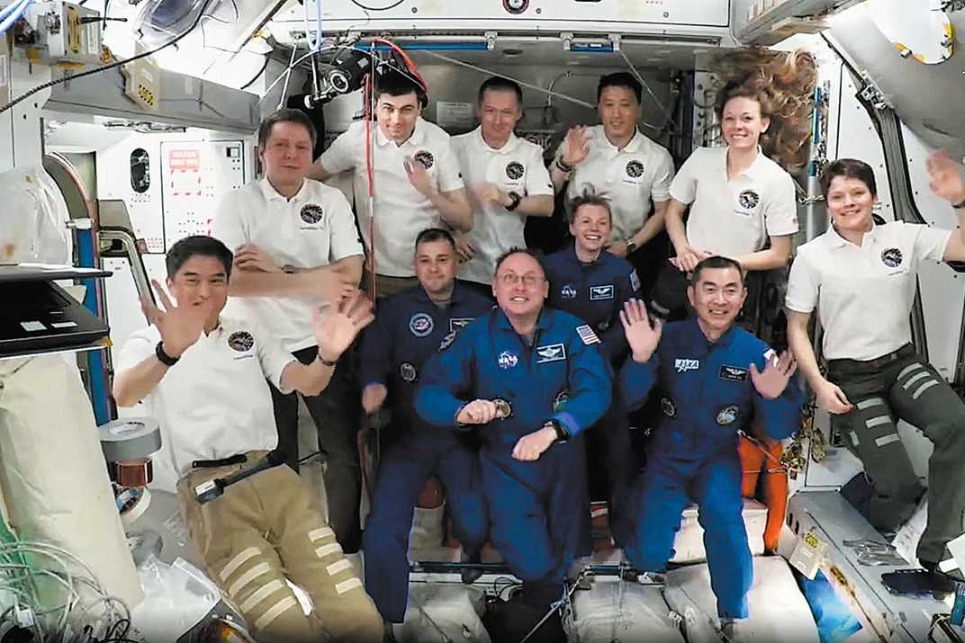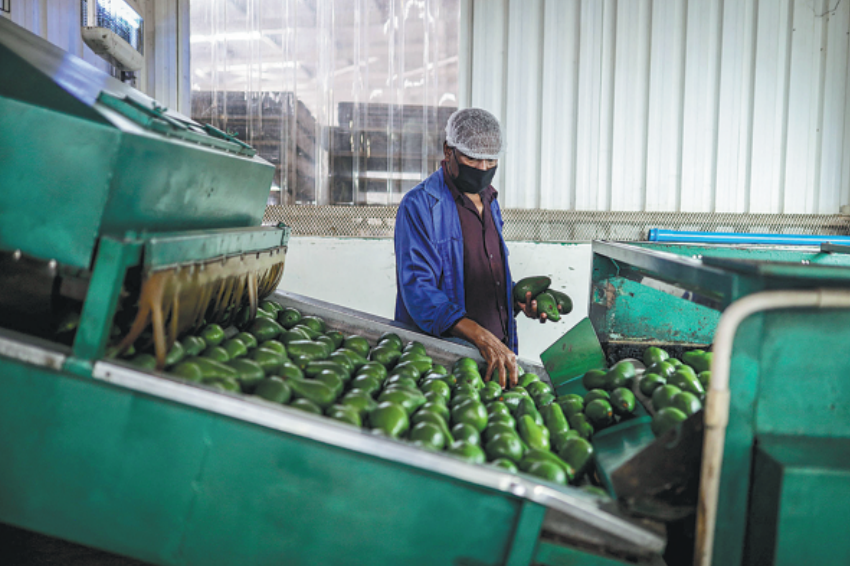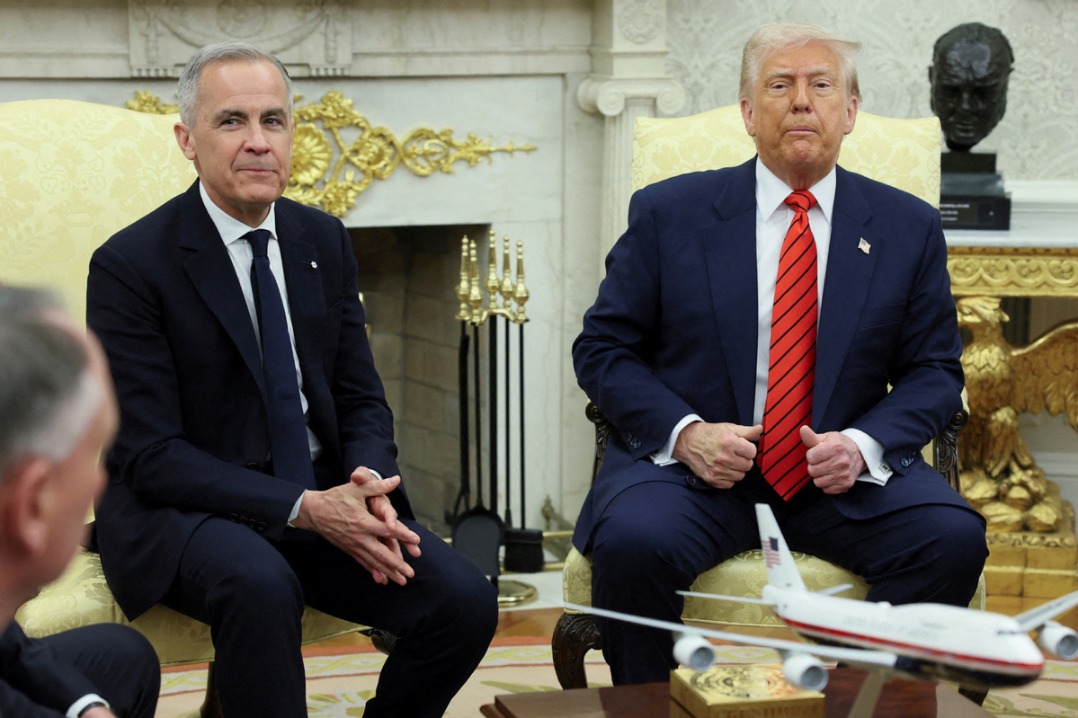Llama therapy shows promise against COVID-19


A therapy created from llamas' unique antibodies has shown potential as a treatment against COVID-19 and could be used to prevent and treat infections from the virus, according to two separate studies by American and British scientists.
The unorthodox therapy is made from "nanobodies", a substance naturally produced in llamas and camels to fight infections.
Scientists at the University of Minnesota in the United States and the Rosalind Franklin Institute in Oxfordshire, England, found that when therapies derived from nanobodies were created, they were very effective in blocking COVID-19 when tested on laboratory animals.
Fang Li, lead researcher in the University of Minnesota's Department of Veterinary and Biomedical Sciences said in a statement: "Llamas are amazing animals. They produce a unique type of antibodies that can serve as excellent therapeutics for humans."
Li said that a team of researchers created their therapy dubbed "Nanosota-1" by removing nanobodies from llama spleens and isolating them in a test tube.
They then identified which nanobodies could potentially treat COVID-19, tested it on mice and hamsters, and saw success.
Nanosota-1 next will be tested on humans.
If trials are successful, Li said that the therapy would be more cost effective to manufacture, transport and store than existing vaccines, because Nanosota-1 remains stable under different temperatures.
He added that the reason that Nanosota-1 worked so well is that the nanobodies produced by llamas binds to SARS-CoV-2, the coronavirus that causes COVID-19, and blocks it.
Only llamas, along with alpacas and camels, produce the special nanobodies necessary to create the therapy.
Nanobodies are much simpler and smaller in size than antibodies found in the human body to ward off infections.
They easily penetrate organs and tissues, which means that they would be beneficial in a nasal spray to treat COVID-19.
In the UK, research published in the journal Nature Communications by British scientists from the Rosalind Franklin Institute in Oxfordshire, the University of Liverpool, University of Oxford and Public Health England also found that therapies derived from llama nanobodies are highly beneficial to treat COVID-19.
Much like the US study, British scientists first tested their therapy on rodents. When the rodents were given a dose, they recovered from COVID-19 in just six days. They will run tests on humans next.
Professor Ray Owens, head of protein production at the Rosalind Franklin Institute and lead author of the UK research said in a statement: "Nanobodies have a number of potential advantages over human antibodies."
"They are cheaper to produce, and it is possible to deliver them directly to the airways through a nebulizer or nasal spray, so they could be self-administered at home rather than needing an injection."
"This could have benefits in terms of ease of use by patients, but it also gets the treatment directly to the site of infection in the respiratory tract."
British scientists created their therapy with the help of a llama called Fifi, who was injected with a non-infectious piece of the COVID-19 viral protein.
The injections did not make Fifi sick; instead, they stimulated her immune system to fight off the virus by producing nanobodies to attack it.
The scientists then selected potent nanobodies from Fifi's blood that were able to bind to the coronavirus.
The nanobodies were combined into chains of three to increase their ability to bind to the virus. They were then taken to a laboratory where cells were produced.
The British research was funded by UK Research and Innovation, Medical Research Council, the Engineering and Physical Sciences Research Council, the EPA Cephalosporin Fund and Wellcome Trust.
Professor Miles Carroll, deputy director of the National Infection Service, Public Health England said in a statement: “These are among the most effective SARS-CoV-2 neutralizing agents we have ever tested."

































